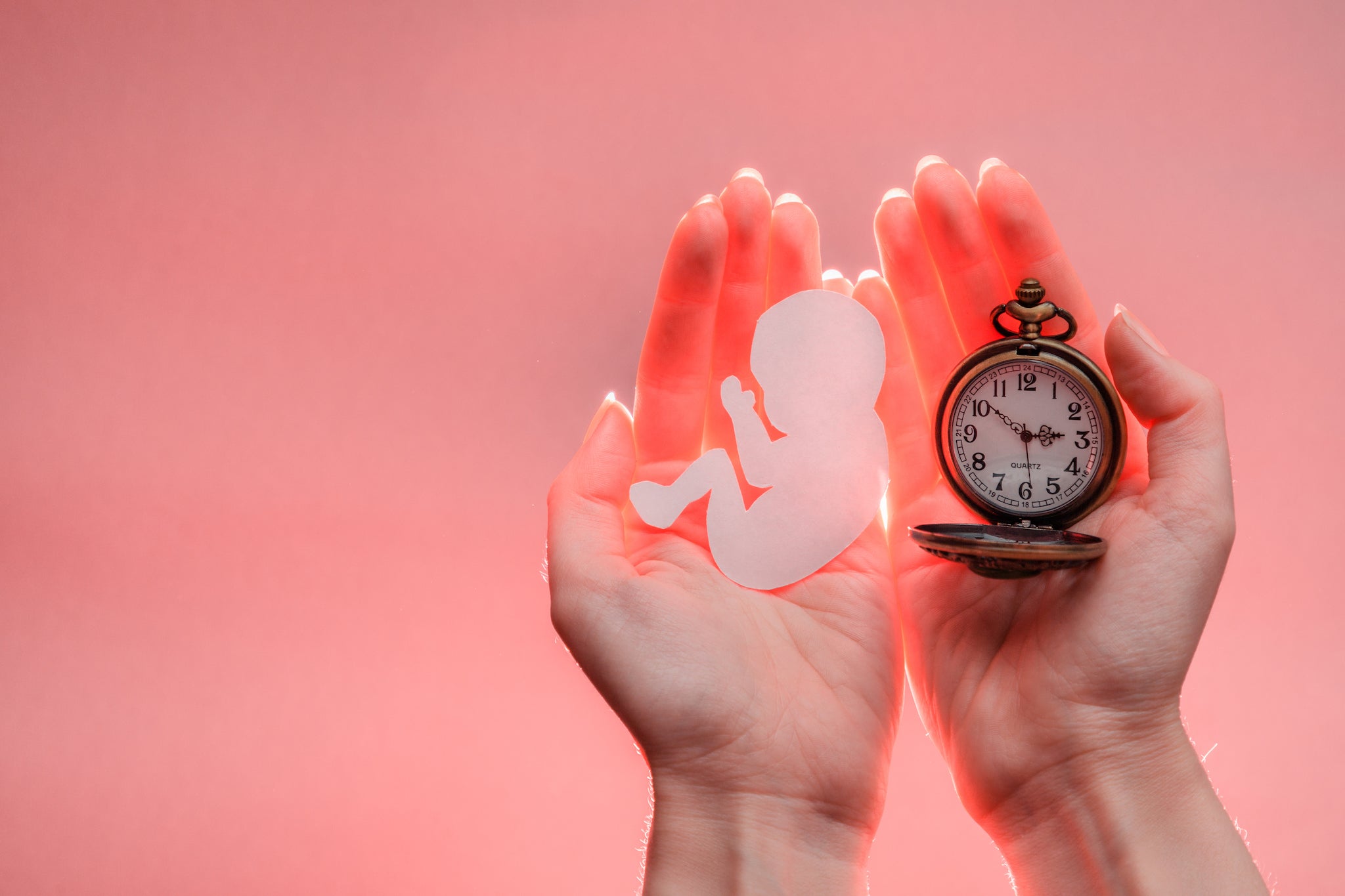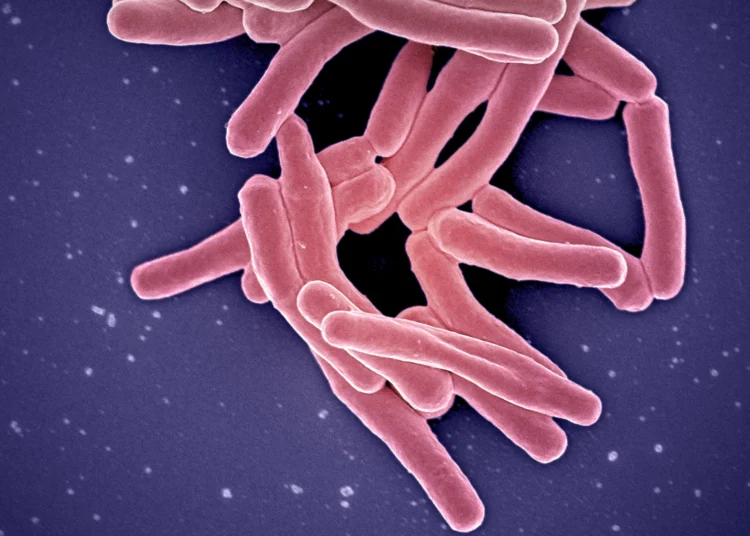Parenthood today is no longer bound by biology, age, or convention. Thanks to scientific innovation, shifting social norms, and growing awareness of reproductive health, the journey to becoming a parent has evolved beyond the expectations of previous generations. Fertility is no longer just a private aspiration, it is now recognized as a global health priority and a reflection of our collective values, encompassing autonomy, resilience, empathy, and equitable access.
According to the World Health Organization, one in six couples worldwide faces infertility. Behind that statistic are millions of deeply personal stories of hope, loss, and perseverance. While breakthroughs such as in vitro fertilization (IVF), egg freezing, and preimplantation genetic testing have opened new possibilities, many still face barriers that go beyond biology, ranging from financial burdens and emotional strain to societal stigma and ethical dilemmas.
Dr Siroshini K Thiagarajan, a lecturer at Taylor’s University, explores how science and empathy are converging to reshape fertility care, making it more inclusive, compassionate, and future focused.
More people are delaying parenthood, while single-parent families by choice are on the rise. Conditions such as endometriosis and polycystic ovary syndrome are demanding more attention. Men are becoming more involved in fertility conversations. As the landscape of fertility shifts, can our healthcare systems keep up?
A Changing Landscape of Fertility
More individuals are delaying parenthood for personal or professional reasons. Single-parent families by choices are increasing. Conditions like endometriosis and polycystic ovary syndrome (PCOS) are gaining more visibility. Men are also becoming more active participants in fertility conversations. As societal expectations evolve, healthcare systems must adapt to address these emerging needs.
Science as a Silent Powerhouse
Fertility care is now an interdisciplinary field, where biology, data science, psychology, ethics, and engineering work hand in hand. This collaborative approach is not limited to laboratories, it extends to clinics, classrooms, policy discussions, and community initiatives. Embryologists collaborate with data analysts, clinicians work alongside ethicists, educators prepare future professionals to think critically and care deeply.

1) Science meets empathy
Fertility treatment is not just about success rates or hormone levels, it is also emotional and deeply human. Behind every embryo is a story. Mental health support, peer networks, trauma-informed care are just as vital as medical interventions. Clinicians are now trained to treat the whole person, not just the reproductive system. This shift from patient to partner humanizes the experience and restores dignity to a process that can often feel isolating.

2) Technology For Equity
Technologies like artificial intelligence help identify viable embryos, while genetic profiling enables personalized treatment plans. But innovation must serve everyone, not just those who can afford it. As Dr Siroshini points out, we must ask a critical question. Who gets access? Who defines what’s “normal”? How do we prevent innovation from reinforcing social and economic divides? True progress lies in combining innovation with inclusion.
3) From Patients to Partners
The relationship between fertility specialists and individuals is shifting from a top-down approach to one of partnership. People are becoming informed collaborators in their own care. In culturally diverse settings like Malaysia, healthcare providers must be attuned to religious, familial and cultural values that shaped medical decisions. Cultural competence is as important as clinical skill.

4) Future-Ready Education
Fertility care is evolving, and so must the way we train healthcare professionals. Tomorrow’s practitioners must be technically skilled, ethically grounded, digitally savvy, and culturally sensitive. Education must mirror the complexity of real life fertility challenges, preparing graduates not just to solve problems but to ask the right questions.
Why Does It Matter Now?
From climate change and pandemics to economic instability, global crises are reshaping reproductive health. Fertility is no longer an individual concern, its a societal issue. Systems must be flexible, research-informed, and driven by compassion. Politicians should reflect realities and education must prepare us to meet future challenges head-on.

Fertility is also a matter of justice, not everyone who dreams of parenthood has the opportunity to pursue it. Scientific innovation alone is not enough. Paired with empathy and equity, however it becomes a tool for transformation.
Building Families, Building Futures
Today, parenthood is shaped by choice, science, and hope, not just biology or tradition. As technologies like uterus transplants, gene editing, and artificial gametes advance, it is crucial to ensure these developments benefit all not only the privileged few.
Even amidst the challenges, there is progress. We are investing in awareness, normalizing fertility conversations, and pushing for systems that support people not just in clinics but in education, policy, and everyday life. The future of fertility is not just about creating life, it’s about creating a world where everyone has the chance to hope, belong, and build the families they envision.
Follow us on Instagram, Facebook or Telegram for more updates and breaking news.








